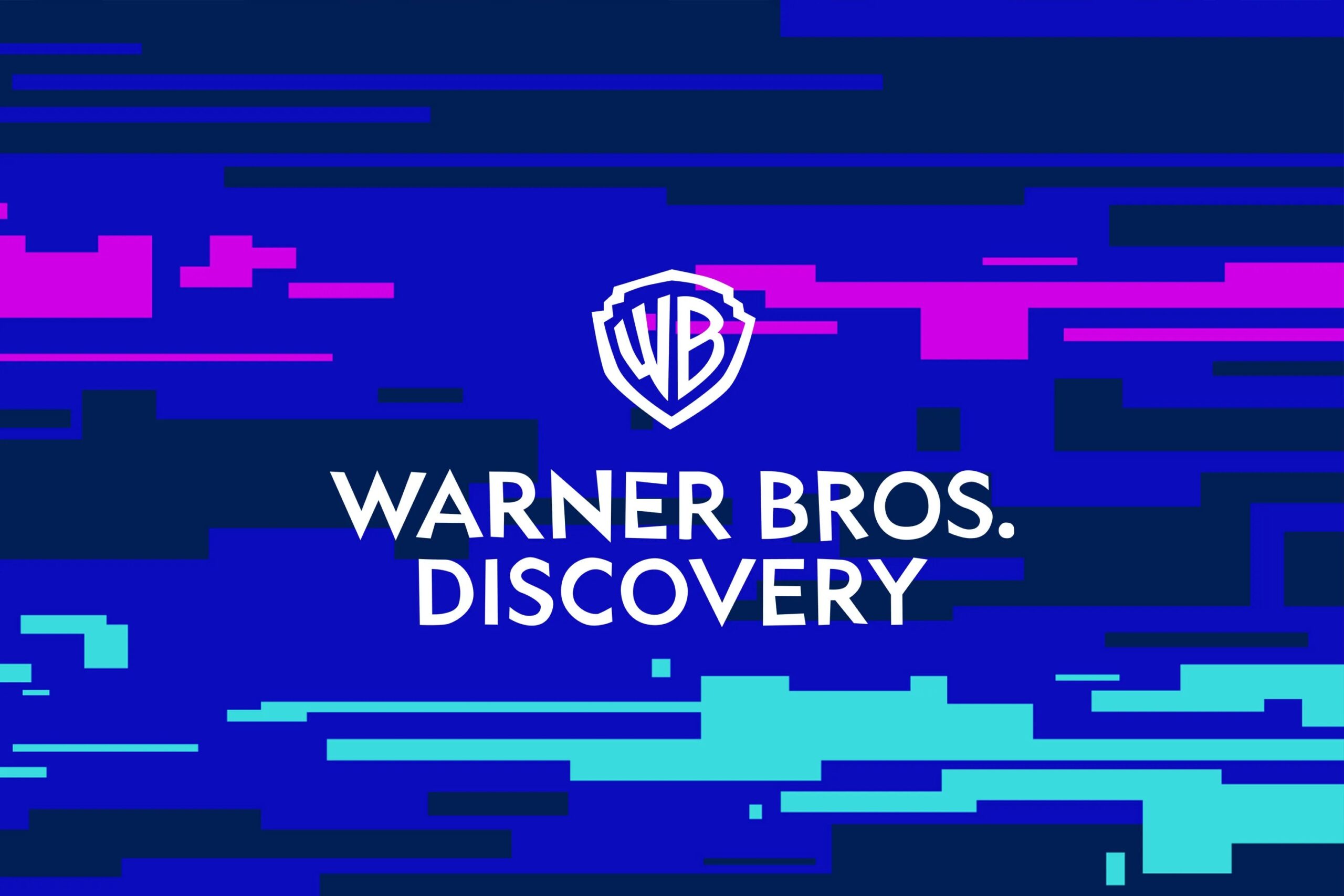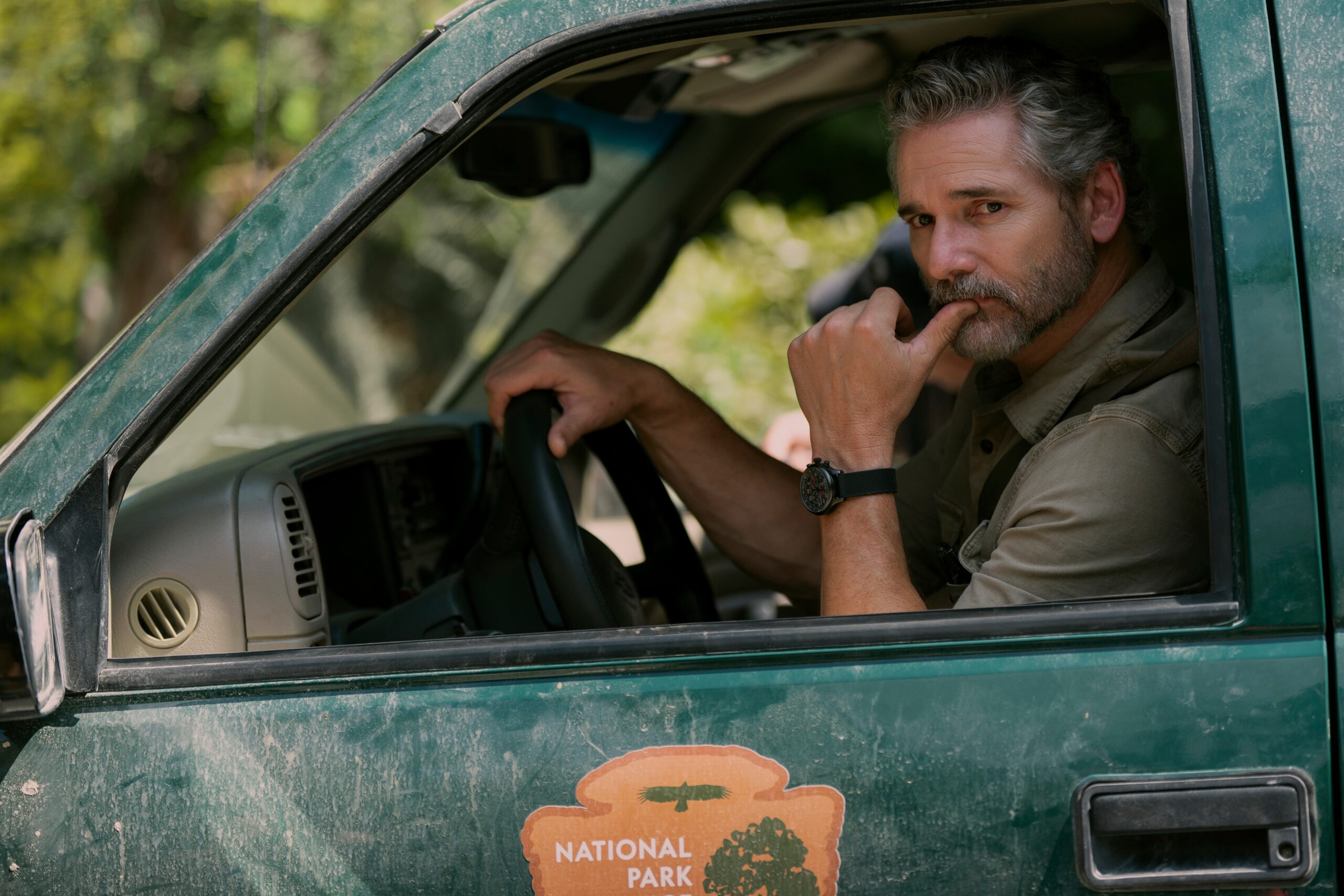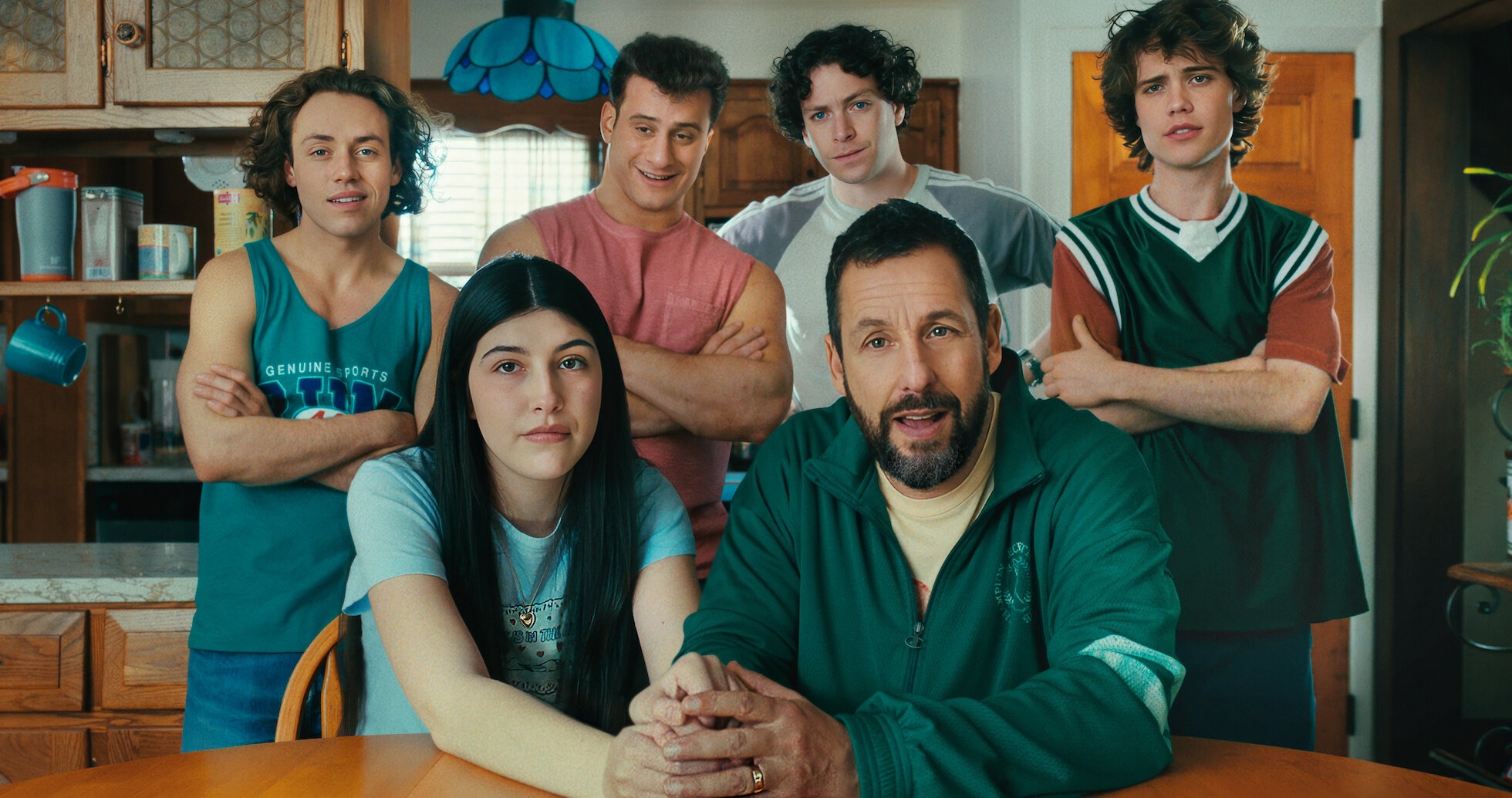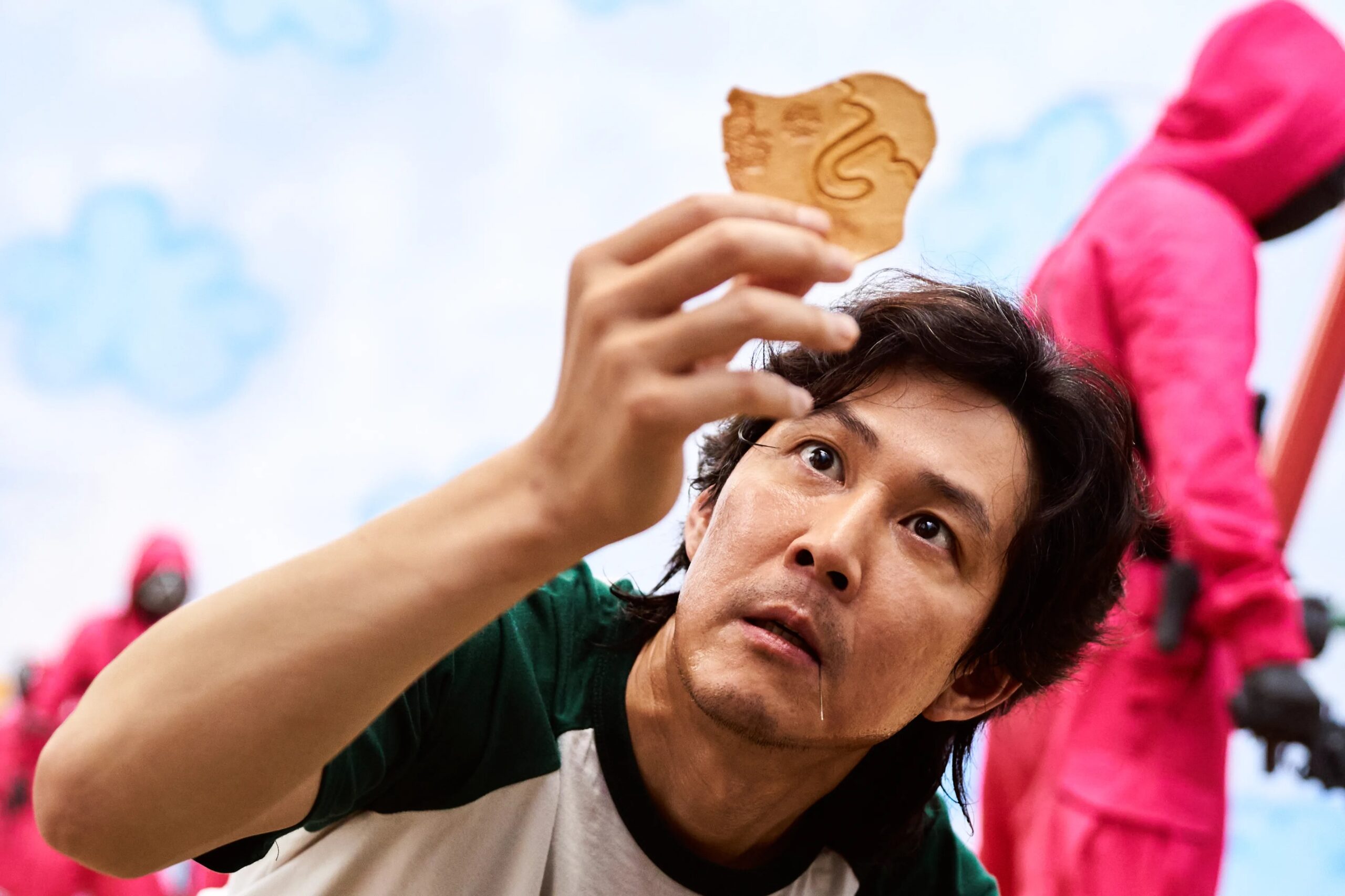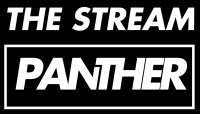On Tuesday, ministers Zbyněk Stanjura (finance) and Martin Baxa (culture) left Prague for the 59th Karlovy Vary International Film Festival to trumpet the Czech Republic’s beefed-up production rebates.
Their timing, however, collided with growing chatter around “Trump’s Hollywood Tariffs,” the former—and now current—U.S. president’s pledge to impose import duties on foreign movies and lure runaway shoots back to American soil.

Beginning Jan. 1, Prague lifted its cash-back rate for live-action shoots from 20 percent to 25 percent, while animation and digital projects now qualify for 35 percent.
The cap on total annual support also rose, though officials would not disclose the new ceiling.
“If another territory offers a higher headline number, we compensate with world-class crews and infrastructure,” Stanjura told reporters through an interpreter, adding that purely waging a subsidy arms race is “inconvenient” and unsustainable. Yet he conceded that ignoring incentives altogether would be “a disadvantage.”
Baxa echoed the sentiment, positioning the spa-town festival as proof that Czech artisans deliver prestige on par with Hollywood.
He also previewed an open call in September for the first director of the new Czech Audiovisual Fund, with an appointment expected in late November.
The Trump Factor
Asked how Trump’s Hollywood Tariffs might reshape the competitive map, Stanjura replied: “We must see how discussions evolve. Everyone knows Donald Trump doesn’t enjoy the warmest relationship with Hollywood, but quality and incentives still speak loudly.”

The phrase Trump’s Hollywood Tariffs surfaced eight times during the 30-minute briefing, underlining European anxiety that the White House could slap levies on imported content or tie U.S. tax breaks to domestic spend. Czech officials insisted their updated scheme positions Prague to weather any U.S. policy swing, but producers in attendance were less sanguine.
“You can’t out-rebate Washington if tariffs bite into distribution margins,” one Los Angeles executive whispered, noting that the Czech hike “wasn’t cheap to pass” through parliament.
Streaming Levy Joins the Mix
This year also saw Prague roll out a 3.5 percent levy on all streaming revenue earned inside Czech borders. At least 1 percent must be paid in cash, while the remaining 2.5 percent can be offset through direct investment in Czech productions. Netflix, Disney+, Max and Amazon Prime will deliver their first payments in the coming quarter.
“We don’t yet know the total intake,” Baxa admitted. “Direct investing—whether Netflix orders a Czech original or buys a local film—counts toward the obligation. We’ll assess after the first checks arrive.”
Industry groups praise the flexibility but warn that any further hike could dull the country’s new-found glow. If Trump’s Hollywood Tariffs materialize, U.S. streamers may need every possible offset to keep Central European spending attractive.
A Delicate Balancing Act
While Trump’s Hollywood Tariffs remain hypothetical, the rhetoric has already altered boardroom math. Czech lawmakers face three simultaneous pressures:
- Stay competitive against neighbors such as Poland and Hungary, both eyeing richer rebates.
- Avoid budget overruns at a time when Prague is slashing domestic deficits.
- Maintain European unity in trade talks should Washington swing an economic hammer.
Stanjura insisted the cabinet will not “enter a war of incentives,” yet the extra five-point bump suggests Prague recognizes that headlines—and Hollywood accountants—still chase percentages.
Festival Buzz, Political Undercurrent
Karlovy Vary continues through July 12 with red-carpet stops by Dakota Johnson, Peter Sarsgaard and surprise honoree Michael Douglas. Behind the glamour, though, Trump’s Hollywood Tariffs remained cocktail-party shorthand for geopolitical uncertainty.
Even U.S. producers on location in Prague admit contingency budgets now assume potential tariff exposure. “If you build a backlot here in 2025, you pray the prints clear U.S. customs in 2026,” quipped one line producer scouting Moravian castles.
Looking Ahead
The Czech cabinet will review initial streaming-levy receipts in Q4. By then, crunch talks in Washington could clarify whether Trump’s Hollywood Tariffs are campaign rhetoric or concrete policy. For now, Czech officials bank on a simple equation: 25 percent cash back + seasoned crews – bureaucratic friction = continued arrivals.
Yet if tariff math tilts too far, even Prague’s golden rebate may need another polish.




